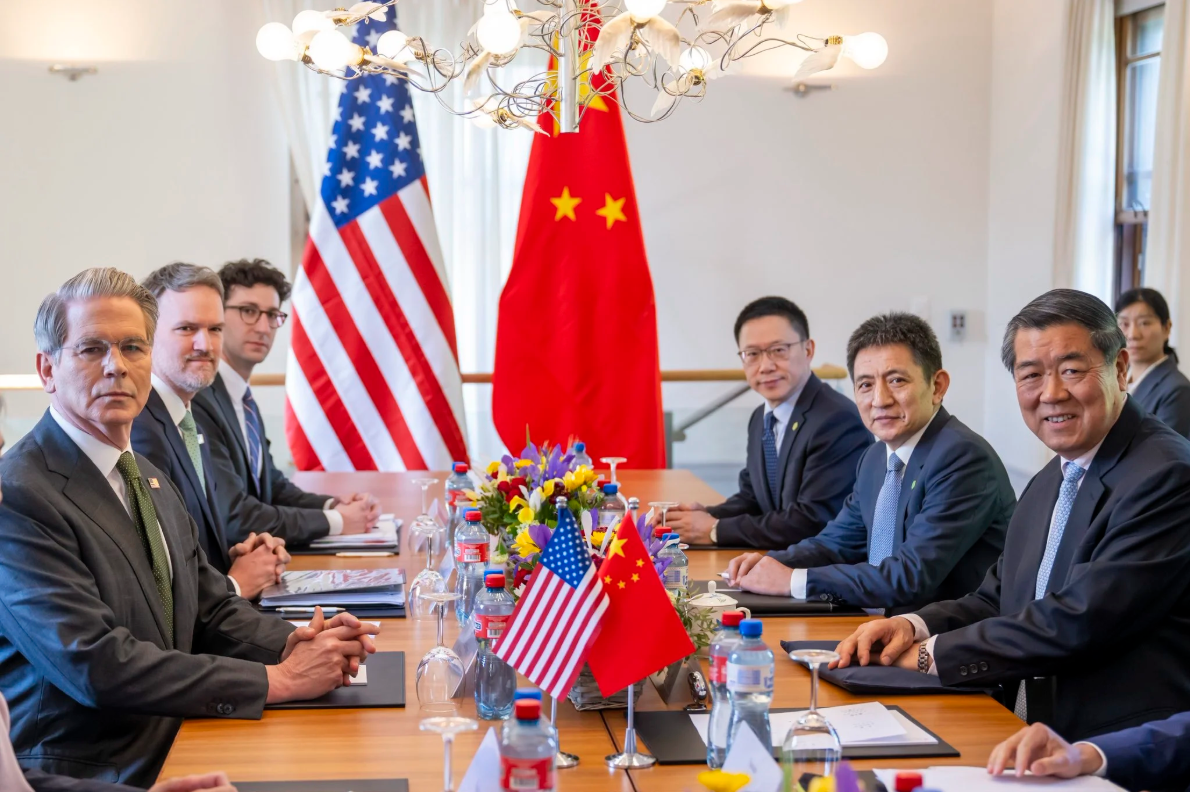
He Weiwen, Senior Fellow, Center for China and Globalization, CCG
May 30, 2025
Values laid out by China and the United States — equality, mutual respect and mutual benefit — will keep trade tensions under control through practical results and stabilize the important trade relationship.
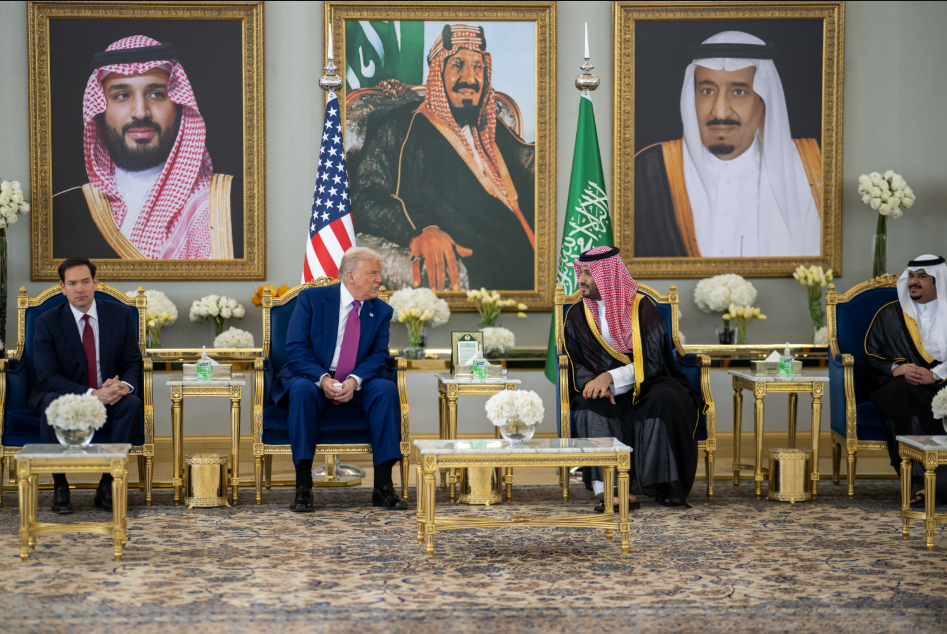
Zhou Yiqi, Associate Fellow, Center for West Asian & African Studies, Shanghai Institutes for International Studies
May 23, 2025
The U.S. president’s mid-may trip Middle East found a region unlike the one he tamed in his first term. His encore performance, though bold, reveals a region slipping from the grasp of his once-potent diplomatic playbook. GCC states are increasingly asserting themselves as they look for harmony.
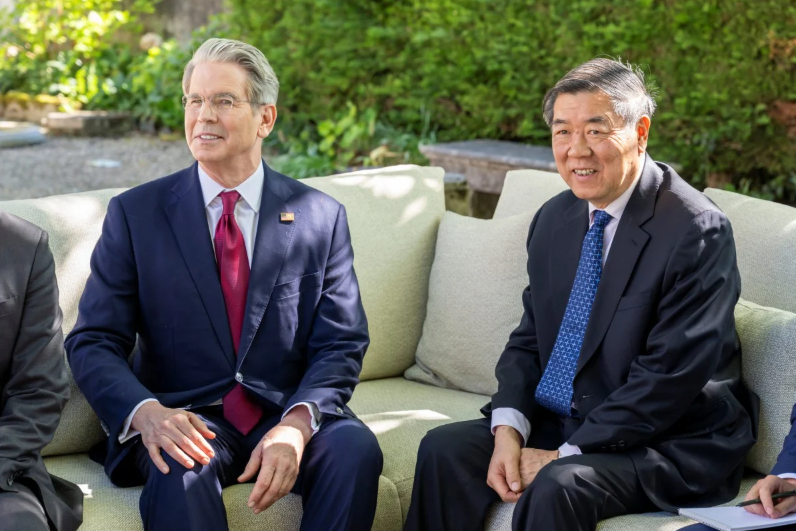
Fu Suixin, Assistant Researcher at Institute of American Studies, Chinese Academy of Social Sciences
May 22, 2025
To Donald Trump’s surprise, China showed no fear of tariffs. Instead, it launched a powerful tit-for-tat counteroffensive that caused the United States to back off. Trump’s pattern of bullying, his obsession with bellicose showmanship, his love of flattery and his attempts to instill fear are on display for all to see.
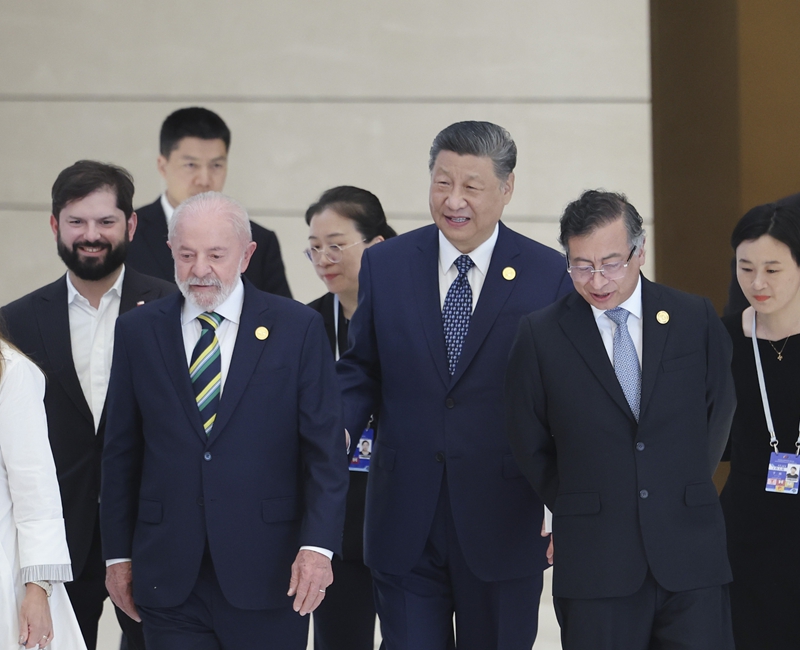
Wang Youming, Senior Research Fellow of BRICS Economic Think Tank, Tsinghua University
May 14, 2025
Amid the rise of unilateralism and bullying by the United States, the forum’s international role in fighting protectionism and promoting a multipolar world is becoming increasingly prominent, especially for the Global South.
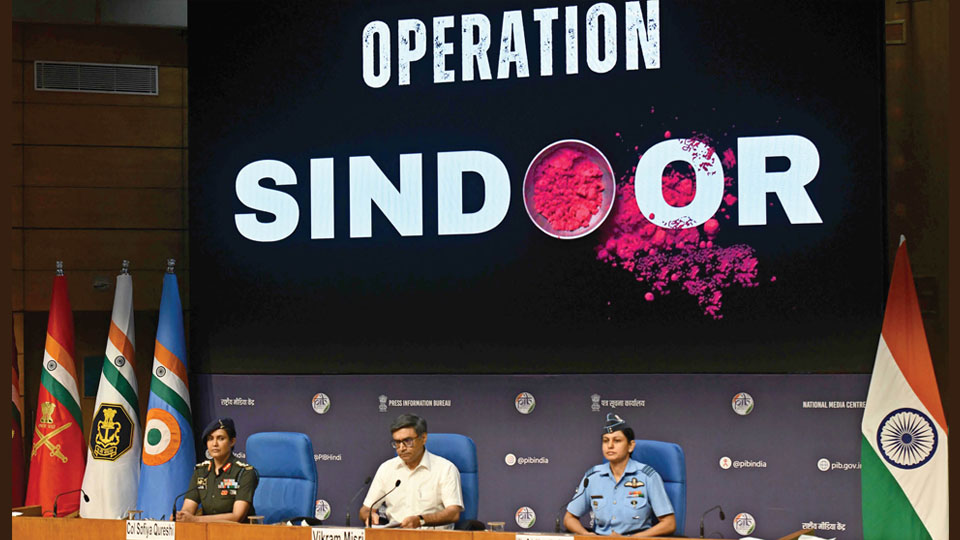
Sebastian Contin Trillo-Figueroa, Geopolitics Analyst in EU-Asia Relations and AsiaGlobal Fellow, The University of Hong Kong
May 09, 2025
India presents itself as a global leader and representative of the Global South, yet this contradicts its troubled relationships with immediate neighbors. Western powers overlook that because they view India as a counterbalance to China rather than scrutinizing its regional conduct and democratic backsliding.
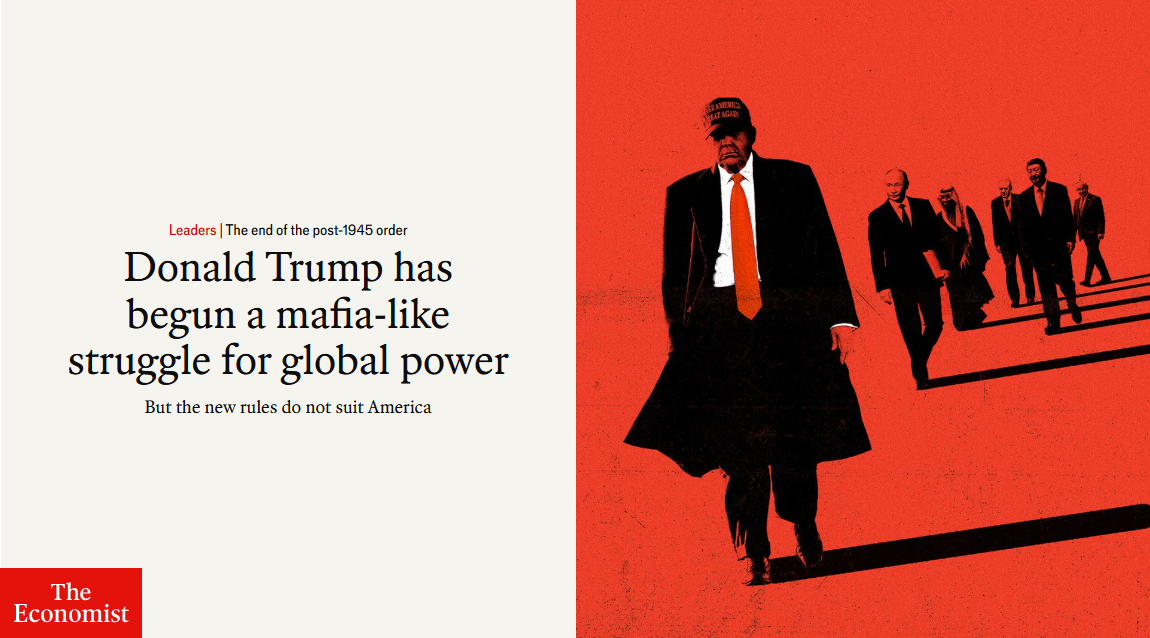
Ted Galen Carpenter, Senior Fellow, Randolph Bourne Institute
May 09, 2025
The U.S.-dominated international system is unraveling as major powers and Global South countries reject American pressure and assert their independence. Without a shift toward cooperation and respect for multipolarity, the U.S. risks becoming the target of a hostile global realignment rather than leading a stable new order.
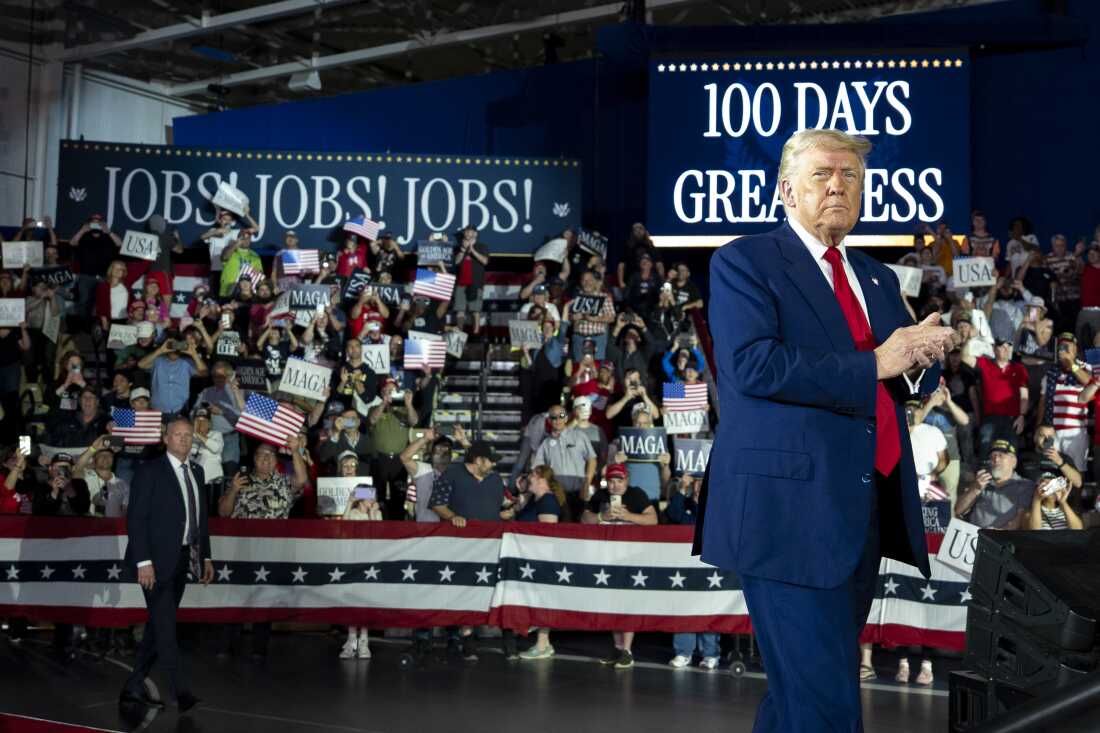
Li Yan, Director of President's Office, China Institutes of Contemporary International Relations
May 09, 2025
The extreme radicalism of the U.S. president’s thinking, coupled with the chaotic nature of his policies and their implementation, has significantly accelerated fragmentation and may even precipitate the collapse of the global governance structure.

Jade Wong, Senior Fellow, Gordon & Leon Institute
May 08, 2025
Arbitrary policies introduced by the U.S. president have accelerated a shift of the international order and introduced new dynamics to relations between major powers. Most countries are reluctant to follow Trump’s lead because they have little to gain by doing so. Several are quietly thinking about ways to turn his disruptions into opportunity.
Joseph S. Nye, Professor, Harvard University
May 02, 2025
Eight decades have passed since the energy contained within an atom was used in warfare. Yet rather than suffering nuclear Armageddon, the world has achieved a surprising nuclear stability – so far. Equally remarkable, while nuclear technology has spread to many countries, only a small fraction have chosen to use it to develop weapons. The world has benefited from an effective nonproliferation regime, a set of rules, norms, and institutions that have discouraged – albeit haltingly and imperfectly – nuclear proliferation. But can it survive an era of rapid geopolitical shifts?
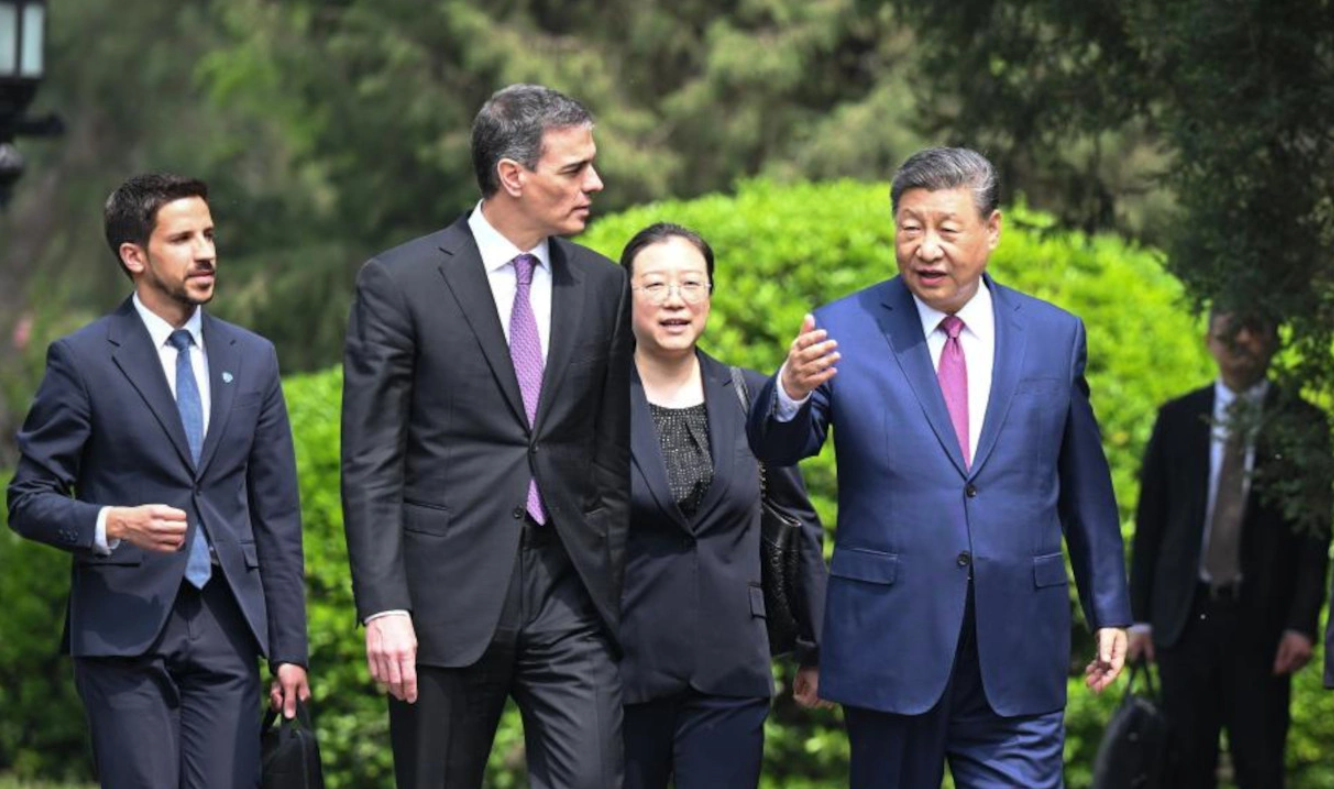
Sebastian Contin Trillo-Figueroa, Geopolitics Analyst in EU-Asia Relations and AsiaGlobal Fellow, The University of Hong Kong
Apr 30, 2025
Step by step, Europe has flubbed their chances to remain relevant since China’s rise, and now it may be too late for the EU to regain its clout in the global order. Is the dream of a multipolar world coming to a premature end?
Back to Top

- China-US Focus builds trust and understanding between the U.S. and China through open dialogue among thought leaders.
- Our Offerings
- Topics
- Videos
- Podcasts
- Columnists
- Research Reports
- Focus Digest
- Stay Connected
-
Thanks for signing up!
- Get the latest stories from China-US Focus weekly.